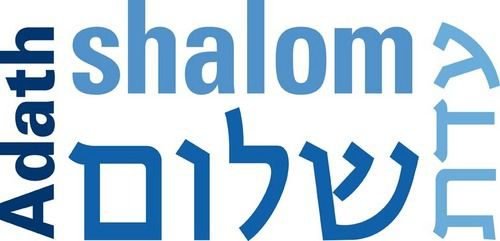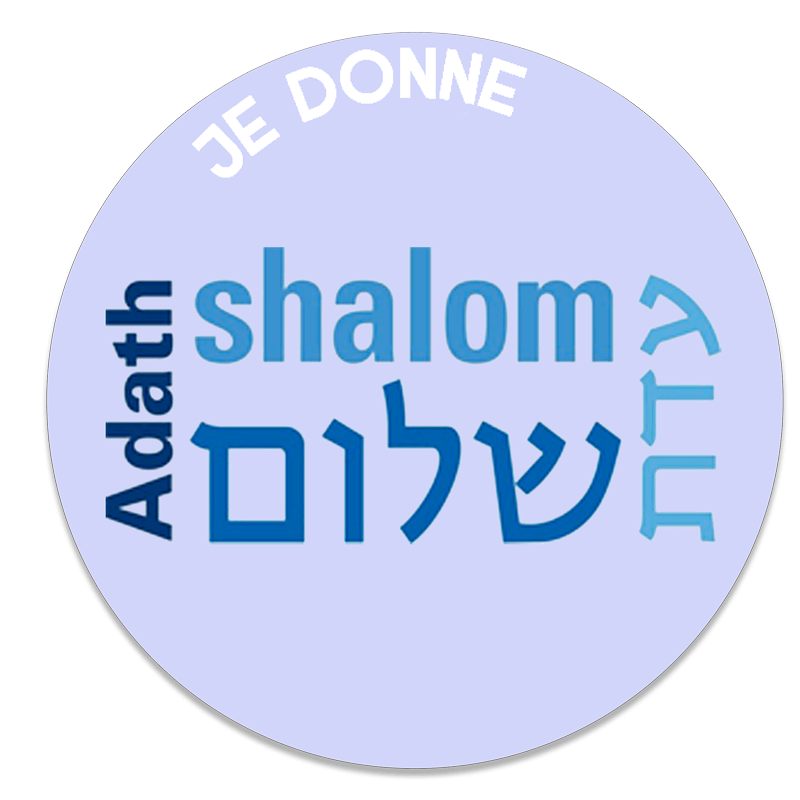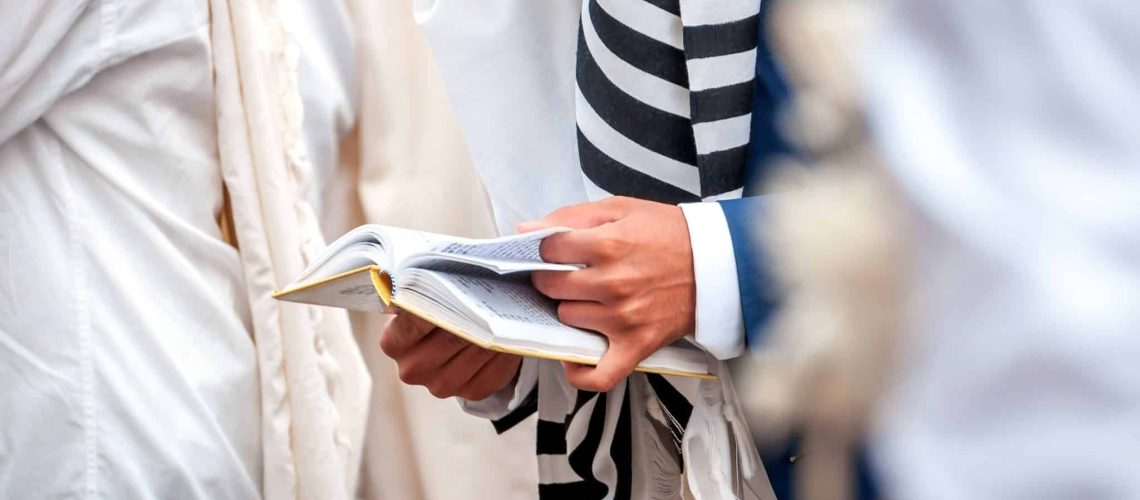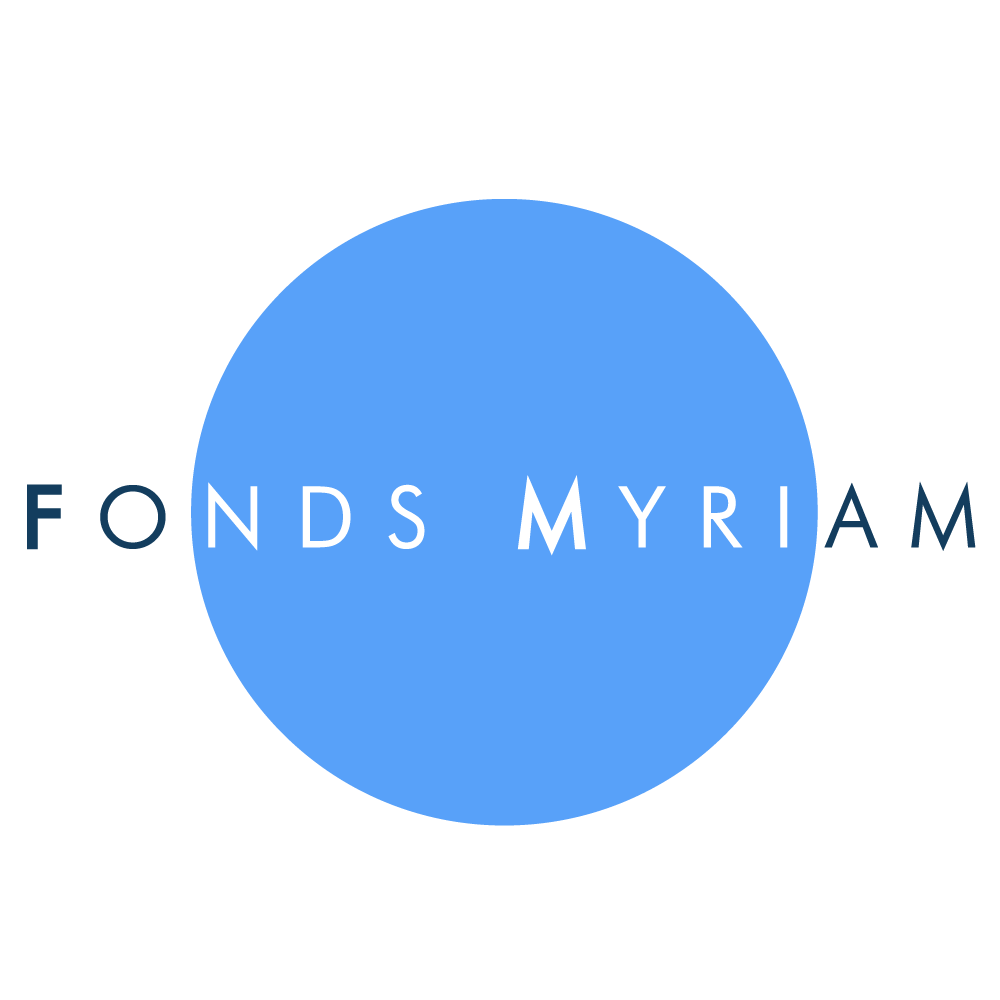Kol Nidrei: Kafka inside and outside the synagogue
My real question for you tonight is: why are you actually here?
I once heard a quote from the writer Franz Kafka where he speaks of the prayers of Kol Nidrei, and said that it would be suicide not to go to the synagogue that night. We might understand that as a way of speaking about what life really means – if it would be suicide, a lack of life, not to be there at these prayers, attending the prayers is a way of being alive as a Jew. We see that there are people who come to synagogue once a year, not for the most fun or exciting or simple element of Jewish life, but for the most difficult and intense day of the entire year, a day of fasting, reading hundreds of prayers in a language we don’t always understand, a day whose themes are guilt and fragility and inadequacy. To choose to live as a Jew and part of the Jewish people is to come together on this day and create a community of people who continue these traditions, who continue to say these words and continue to transmit these ideas. That’s one way to understand what Kafka was saying. But this understanding is quite banal.
Sometimes, when I hear quotations from writers or thinkers, I actually like to see the original context in which they said or wrote them. So I looked up this quotation, and found a brief passage in Kafka’s diary on the eve of Yom Kippur. He writes “The Polish Jews going to Kol Nidrei. The little boy with prayer shawls under both arms, running along at his father’s side. Suicidal not to go to the synagogue.” Now I understand this statement in a different way. He is not talking about the experience of all Jews, nor even talking just about himself. It’s the Polish Jews, the traditional Eastern Ashkenazi Jews, as opposed to the enlightened and more assimilated Western European Jews – it is they who run to the synagogue, and for whom it would be suicidal to stay away.
As for Kafka himself, he’s watching them from his window, sees their piety and understands their desire, but is detached from their emotional world. Did he go to synagogue himself? It seems that sometimes yes and usually no, but to make it more interesting, it’s worth noting that one of his brilliant short stories called ‘The Judgement’ (Das Urteil) was written completely in one night, in one flash of inspiration, from 10pm on September 22nd to 6am September 23rd 1912. If you look in the calendar, you’ll find that that was the night of Yom Kippur.
So now we have two images, and it’s tempting to imagine them happening at the same time: Kafka is sitting in his apartment in Prague, and sees the traditional Polish Jews running to the Kol Nidrei prayers, to the prayers and rituals of the day of judgment, and sees that for *them* it would be suicidal not to go to synagogue. As for him, he doesn’t fast and doesn’t pray, but he understands Judgement and can write about Judgement in the most brilliant way. For him, his Jewish life is outside the synagogue. We see, and we already know this, that it’s not really true to say that to live as a Jew means going to the synagogue on Yom Kippour, and that not to go is Jewish suicide.
There are other ways, and especially in our world, in France 2023, the essential aspect of Kippour isn’t compulsion and obligation, but choice. Why are you here tonight? Maybe there are as many answers as people in this room, but it’s probably not obvious. For those who work it means begging your employer for a day off, for those at school or in other systems, there are different sacrifices that need to be made in order to be here. But nonetheless, if you were not here you *would* still be alive. It might even be more convenient not to have come tonight. Yet we are here.
Those who know me know that I’m much more likely to quote the Talmud or Maimonides than Franz Kafka, this is very unusual for me, and I’m not a literary scholar at all. Yet with your permission and forgiveness, allow me to quote just one more short story that he wrote, called “The Passers-By”. I quote:
When you go walking by night up a street and a man, visible a long way off – for the street mounts uphill and there is a full moon – comes running toward you, well, you don’t catch hold of him, not even if he is a feeble and ragged creature, not even if someone chases yelling at his heels, but you let him run on.
For it is night, and you can’t help it if the street goes uphill before you in the moonlight, and besides, these two have maybe started that chase to amuse themselves, or perhaps they are both chasing a third, perhaps the first is an innocent man and the second wants to murder him and you would become an accessory, perhaps they don’t know anything about each other and are merely running separately home to bed, perhaps they are night birds, perhaps the first man is armed.
And anyhow, haven’t you a right to be tired, haven’t you been drinking a lot of wine? You’re thankful that the second man is now long out of sight.
Here again we have someone looking at other people running. He’s close, he could get involved in their story if he wanted, he could catch the running man. But he chooses not to be involved, and there’s a sense of guilt in this lack of involvement. As he reflects on the different possibilities of interpreting what he saw, the balance of guilt keeps changing – maybe he’s innocent, maybe he was wise not to get involved. Do we want to be on the inside of the story or on the outside? I go back to this image of Kafka sitting in his room on Yom Kippour, seeing the Polish Jews running to the synagogue, knowing it would be suicidal for them not to go; and choosing himself not to go, not to get involved, and staying home to write about Judgement itself.
Yes, it’s a choice to be here tonight.
Even with the weight of a thousand generations before us and a thousand generations after us, Jewish life isn’t defined by the impossibility of not doing actions, but by taking responsibility for the consequence of our choices. In the Torah we are told to choose life, and on this day, the core image is that of the Book of Life, of a judge who decides who will live and who will die – but in all these cases it’s not biological life that we are asked to choose but a life of meaning and purpose. There’s nothing magic in the rituals of Yom Kippur.
We are only asked to do one simple thing – look at ourselves honestly and make sure we are living the life we should be living. Everything else is just the framing of that question – avoiding distractions of food and work, and doing strange things to shake ourselves out of our normal routine so that we can rethink who we are. We’re standing and looking at the events of the world and trying to understand if and how we should get involved – we see one person running after another, but also battles for democracy, wars in Europe, a climate crisis that menaces our future. And among all these, we see the story of the Jewish people. Do we want to be on the inside of these stories, involved participants, or on the outside, disinterested observers?
The final prayer of Yom Kippur is called Neila, the locking of the gates. The Talmud debates whether we are referring to the gates of the Temple or the heavenly gates of prayer. The image is that at the end of Yom Kippur, after all the prayers, there’s just moments left until the gates are locked. And then what? Again, do we want to be on the inside or on the outside?
There’s probably not a good answer for these questions. We’ve probably all had experiences of having paid the price for getting over-involved in other people’s stories. And there’s usually also a price for not getting involved. Sometimes we are the Jews who run to the synagogue and pray, and sometimes we are the Jews who watch the Jews running to the synagogue. Sometimes we fight for the things we believe in, and sometimes we take a step back, and learn and reflect on what’s going on. I’m not the judge, but if we take this day seriously, all our choices are judged. The worst thing seems to be lack of choice, living a sleepy life of inertia. Tonight, we are called to wake up and decide what our responsible lives are going to look like. That possibility of waking up is why I am here, at least.
Gmar Hatima Tova!
Yom Kippur Day: Beyond and Beyond
Gmar chatima tova, and maybe chag samea’h too.
I’ll start with a confession. In order not to leave everything to the last minute, and in order to be at ease with the drasha today, with time to reflect and practice my French pronunciation, I prepared and wrote it several weeks in advance. But this shabbat, I was speaking to Rivon and he asked me a question – he asked if I knew why we say the words ‘le-eila ou ’le-eila’ in kaddish during the ten days after Rosh Hashana. I admitted that I didn’t have a good answer, and he said, you can speak about that on Yom Kippur. I like challenges and I liked this one especially, and so I’ll leave the wonderful drasha I prepared and turn to this important subject. And in fact, it’s not only because I like challenges. The whole essence of this day, if we take it seriously, is an openness to change. To say ‘I already prepared something so that’s what I’m going to speak about no matter what’ is similar to saying ‘this is the way I behave so that’s the way I’m going to continue forever’. This is confidence, because change is terrifying – who knows who I would be if I behaved differently? Who knows what might come of accepting invitations and challenges that drop into my life? The Zohar gives a phrase that summarises this attitude to these days of awe: Ana Zamin Lemeheve, I am prepared to become. That is how I understand the essence of Yom Kippur.
‘Le-eila ou’le-eila’ – I’m sure that, as well as the rising cost of living, the battles for democracy, war in Europe, the climate crisis – the question of why these words are added to the recital of Kaddish is the subject that is keeping you awake at night. But before even looking at the content of the words and attempting an answer, there is something important in the phenomenology of this recital. In every prayer and service I’ve attended in the last week, there’s a moment of hesitation when people read the kaddish – “Am I doing it right?” – and people forget and get corrected – and other people particularly enjoy correcting others. The same for the Amida and other prayers.
There are minor variations in each of the prayers that interrupt the confidence with which we usually recite these words, and make us slow down, actually read the words and the instructions, and if we’re lucky, even think about what we’re saying. There’s a literary technique known in Russian as Ostranenie, translated in French as L’étrangisation, défamiliarisation, or désautomatisation. It consists of presenting common things in an unfamiliar way, in order to draw attention to them. What I want to say is that even if ‘Le-eila ou’le-eila’ had no meaning at all, the very fact that our prayers change between Rosh Hashana and Yom Kippur has an effect of slowing us down and making us notice ourselves. Actually, the whole of Yom Kippur can be understood like this: an interruption in our lives, not as an escape from the everyday but a way of breaking our inertia and becoming more aware of who we are and what we are doing.
Let’s come slowly closer to our investigation, to my challenge. Let’s look at the regular kaddish text. Again, désautomatisation, we’ve heard this so many times it’s worth actually listening to the words. We start talking about the name of God.
יִתְבָרַךְ וְיִשְתַבַח וְיִתְפָאַר וְיִתְרוֹמַם וְיִתְנַשֵא וְיִתְהַדָר וְיִתְעַלֶה וְיִתְהַלָל שְמֵהּ דְקֻדְשָא בְרִיךְ הוּא
Blessed and praised, glorified and exalted, extolled and honoured, adored and lauded be the name of the Holy One, blessed be He
What’s so special about the name of God, and why are we hoping that it will be elevated and exalted so much? We know that the way we read the name of God, yud he vav he, is not the way that we usually pronounce it, ‘Adonai’ in a sacred context and ‘Hashem’ in everyday speech. Except that in a moment, after Moussaf, we re-enact something extraordinary that would happen in the Temple on the day of Yom Kippour, when the high priest would say the Name as it should be said. Ana Hashem Hatati Aviti Pachati – Please, O Eternal, I sinned by accident, I sinned on purpose, I sinned in rebellion. He would make a confession for himself, his family, his tribe, and for the entire people – in total he would pronounce the actual name of God ten times. And each time this name would be pronounced, the entire people would fall on their faces and shout Baroukh shem kevod malkhuto, may the glorious name be blessed forever!
The Talmud (Pesachim 50a) asks why we hope that one day God’s name will be One – what does that mean? It gives a strange answer. It says that now we have a blessing for hearing good news “Blessed is the one who is good and who does good”, and another blessing for hearing bad news “Blessed is the true judge”, baruch dayan ha’emet. In the future though, God will be one and His name will be one and we’ll see that all our definitions of good and bad are only a matter of our limited perspective. That’s what we hope for, perhaps, in the kaddish.
And then we continue to say that God’s name, or essence, is more than our human perspective.
לְעֵלָא מִן כָל בִרְכָתָא וְשִירָתָא תֻשבְחָתָא וְנֶחֱמָתָא דַאֲמִירָן בְעָלְמָא
Beyond all the blessings and hymns, praises and consolations that are spoken in the world
We can bless and praise and say lots of words, but can’t actually describe anything, God is beyond language. What’s interesting here is the word nechemata, consolation. God is beyond consolation, beyond a way of making sense of tragedies and difficulties. There’s something awful, and maybe honest, about saying this during the period of mourning – I’m left with my broken reality and God is beyond consolation, just as God is beyond description.
Now, what does it mean to say ‘Le-eila ou’le-eila’, beyond and beyond? The boring answer, the historic answer is that it doesn’t mean anything special at this time of year. There used to be two versions of kaddish, one said Le-eila once and the other twice, the Italian Jews still say it twice during the entire year. And the practice became to say it twice on festivals, and later only on Rosh Hashana and Yom Kippur and the days between. But that’s only an invitation to give it meaning, and many rabbis and commentators have attempted to do so. Let me attempt to add my own explanation.
In everyday life, we have things like birchata veshirata, blessings and hymns, praises and consolations, namely: ways of talking about the world that make it make sense. Having any kind of religiosity means that we admit that our understanding of the world is limited, just as our control over the world is limited. We are not at the center of things, we admit our mortality and incapacity, by saying things like God is beyond everything I can describe. What then does ‘beyond and beyond’ mean? We could understand it as being even more distant, even further away from our comprehension.
But I read it differently. What’s beyond an acceptance that we don’t comprehend the world? Maybe it’s an acceptance that our lives are meaningful nonetheless. If we need the perspective of le-eila, ‘beyond’, to remember that our words and ideas and concepts don’t explain everything, and to inspire us to have hope, doubt and humility – the perspective of ‘Le-eila ou’le-eila’, beyond and beyond, protects us from the dangers of nihilism and relativism, and affirms that what we do *does* matter.
The central image of this day is the day of Judgment, but inherent in this image is that we are important enough to be judged, that it’s important how we act and that we act better. That fact enough is why these days of Rosh Hashana and even Yom Kippur are yamim tovim, festive days that deserve to be celebrated. Le’eila decentres us, ‘Le-eila ou’le-eila’ recentres us. And then even that might be dangerous, so after Yom Kippur we return to saying Le-eila, continually encountering and avoiding the dangers of each perspective.
I’m not sure I answered Rivon’s question, but these ideas are something I strongly believe in. I believe that the words of our traditions can have an impact on our lives, and need to be studied in order to do so. I believe in the idea that our ethical behaviour in everyday life is a religious obligation, as much as the ritual behaviour inside the synagogue – this is the reason that I’m proud to be a rabbi and proud to be a Jew. And may this day of Yom Kippur, with all its words and prayers and the power of so many good people coming together, may it be the start of a year of hope and growth and learning and many good things, for our community and for the world.
Hag Sameah!
